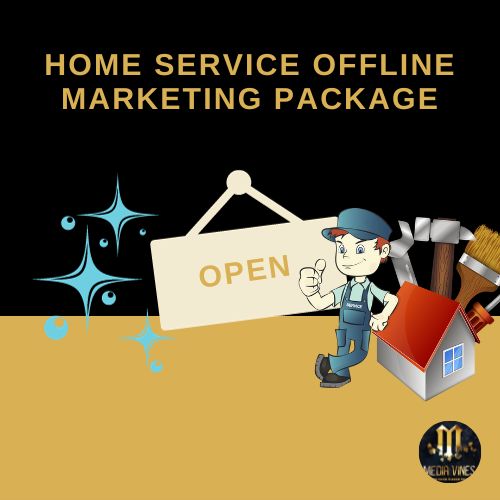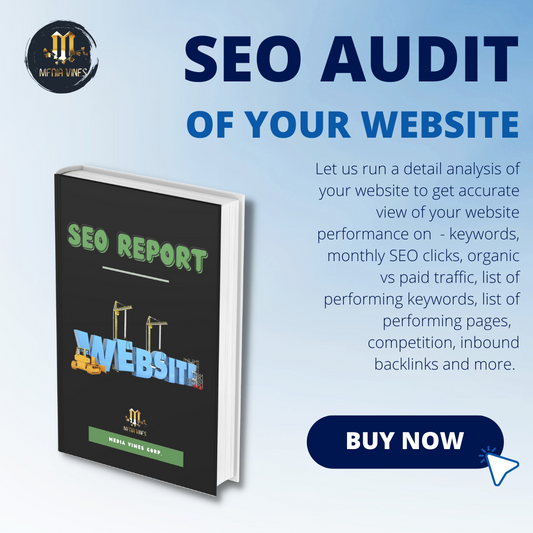Introduction
The world of digital marketing is so much more complicated than it used to be. With the secrecy of the ever-changing Google's algorithm and the complexity of digital marketing on social media, it's no longer enough to just build a website and hope that people find your site — you have to make sure your site is optimized for search engines, so that they can find your site when they query a keyword for what you offer.
SEO (Search Engine Optimization) is the process of making your website visible to search engines and increasing traffic. This can be done by having a good domain name, keywords, link building and so on.
Factors affecting your website ranking
It's impossible to know the precise formula used by Google to determine your website's ranking. Google is secretive about its algorithm, and it changes constantly. The search giant also won't provide any insight into how it ranks websites, except for the small mention that it uses over 200 factors when determining which pages are displayed first in search results.
When you're just starting out, it can be really hard to compete with established brands who are well-known in their industry.
It's easy to feel like you're always playing catch-up when it comes to SEO. You've heard the advice before: "Make sure your content is optimized for search engines," but what does that mean, exactly?
It's easy to think of SEO as a mysterious, complicated thing that only the big boys can do. But you can optimize your website for SEO!
And here's the best part: It doesn't have to be hard.
There are lots of things you can do to help your online store rank higher in search results:
1. The number of backlinks pointing to your site from other websites
2. The authority of the website based on speed, traffic, engagement and other factors
3. The longevity of your domain name
4. Website structure and content that is optimized for search engines
When you are new to selling online, it can be difficult to do much about factor number three.
It takes time to build a reputation for your brand, but with good content, other sites will link to you. Your content strategy should include long-term plans for building an audience that will eventually link to your content, products and services. In the short term, the easiest way to get more traffic to your online store is to optimize your content so that a search engine recognizes it as relevant to queries related to your products. This is what we mean by SEO!
Backlinks
Backlinks are links that point to your website from other websites. Google and other search engines use these backlinks as a ranking factor for the site, so if you have more sites linking to you it will improve your rankings.
As with most things in life, quality is more important than quantity when it comes to backlinks. Backlinks from sites with high domain authority (DA) and Page Authority (PA) are more valuable than those from low DA or PA sites.
A good way of getting backlinks is by giving away freebies such as eBooks or webinars on relevant topics within your niche, which will encourage others to write about them on their blogs or add them as resources in their guides etc., which could lead people who search those terms directly onto your store page through the SERPs (Search Engine Results Pages).
Brian Dean has written an authoritative guide on "How to Get Quality Backlinks in 2022" - the basic 7 strategies are outline below:
-
1. Become a Source For Reporters and Bloggers
-
2. Publish “Skyscraper” Content
-
3. Build Links From Outdated Resources
-
4. Use Content Formats Proven To Generate Links
-
5. Publish Ultimate Guides
-
6. Use Branded Strategies and Techniques
-
7. Authority Resource Pages
-
Bonus Strategy #1: Turn Brand Mentions Into Quality Backlinks
-
Bonus Strategy #2: Send “Feeler” Emails
Domain name
You can't affect the age of your domain name but you can choose a domain name that's easy to share and memorable. You should choose a domain name that meets the following criteria:
-
Short and memorable (think "Google" or "Apple")
-
Easy to spell, read and pronounce
-
Easy to type (you don't want customers having trouble with it)
-
Easily memorable, pronounceable and memorable. You'll want your customers coming back to purchase more products from you in the future.
Speed
If you want to improve your eCommerce site, start with the speed.
Google has long made it clear that they prefer fast-loading websites, and they’re not alone. Users expect sites to load quickly, and they don’t want to wait around for pages to load. A slow site is a bad user experience and will hurt your rankings.
The best way to make sure your website loads quickly is by using a fast theme. Choose a theme that uses fewer elements, uses smaller images, and doesn’t rely on a lot of widgets or plugins. You should also avoid using sliders and other animations that can slow down page loading times.
Responsive design means your website will look great on any device, including desktop, tablets, and smartphones. Responsive themes can greatly improve user experience and keep visitors on your site longer. Since Google looks at time-on-page as a marker of a site’s value, having a site that’s easy to navigate and read can improve rankings. In turn, improved rankings and better usability result in repeat visitors and increase conversions. Wonderful things for an eCommerce site!
Website Structure and Content
The key here is to have a good page structure and good information on pages. This is the foundation of your site, so it's important that you take your time to get it right. You need to have good content on pages, too! (I'm talking about text content.)
The most important tool for search engine optimization is the sitemap because it tells Google and other search engines how to find all of your content, so they can display it in their results when someone searches for something related to what you sell or offer. A site map is a list of all the pages on your website. It's like a map that shows you where everything is, and allows you to access it easily.
Content matters! Make sure your content is well-structured, organized, well-written and formatted. You should make sure that the content is unique to your site (and not duplicated from other websites).
Keywords are the words and phrases that you think people will search for when looking for your products or services. Keywords should be relevant to your business, but if you're just starting out it's best to think about what people might search for in order to find a product like yours.
In addition to using keywords in your page titles, descriptions and content (more on this later), it's important that they also appear in the url of each page on your site - this helps Google determine which pages are most relevant and how they should be ranked. Finally, make sure that any images on the site have an alt attribute so that search engines can see what each image is about (even if someone doesn't click on it).
The title is the main element of a webpage. It's what you see in the search engine results, and it's what shows up on the tab of your browser when you go to visit a site.
Title tags should be descriptive, but short enough so they don't take up too much space in search results (about 65 characters). We suggest keeping titles under 65 characters, but there are some exceptions where longer titles work better (for example: if there are other things going on with that page). In most cases though you'll want to keep titles short so they show up in more searches!
The description tag is one of two meta tags that help determine how many times a page gets found in web pages by search engines like Google.
Keep descriptions under 160 characters long (including spaces); otherwise Google may ignore them completely! This means only including keywords that really matter for ranking well organically on search engines like Google.
Closing
It's easy to get hung up on all the different ways you can optimize your website for search engines, but in the end, it all comes down to one thing: if you don't show up, no one will see you.
So take these basic steps into consideration as you plan out your next SEO strategy and we promise you'll see an improvement in the visibility of your page.
About Media Vines:
Based in Maui, Media Vines is an Asian American Woman-Owned technology company focusing on customed Website design & development, content SEO, digital marketing, content creation, mobile app design, e-commerce, social media management, and website maintenance.





